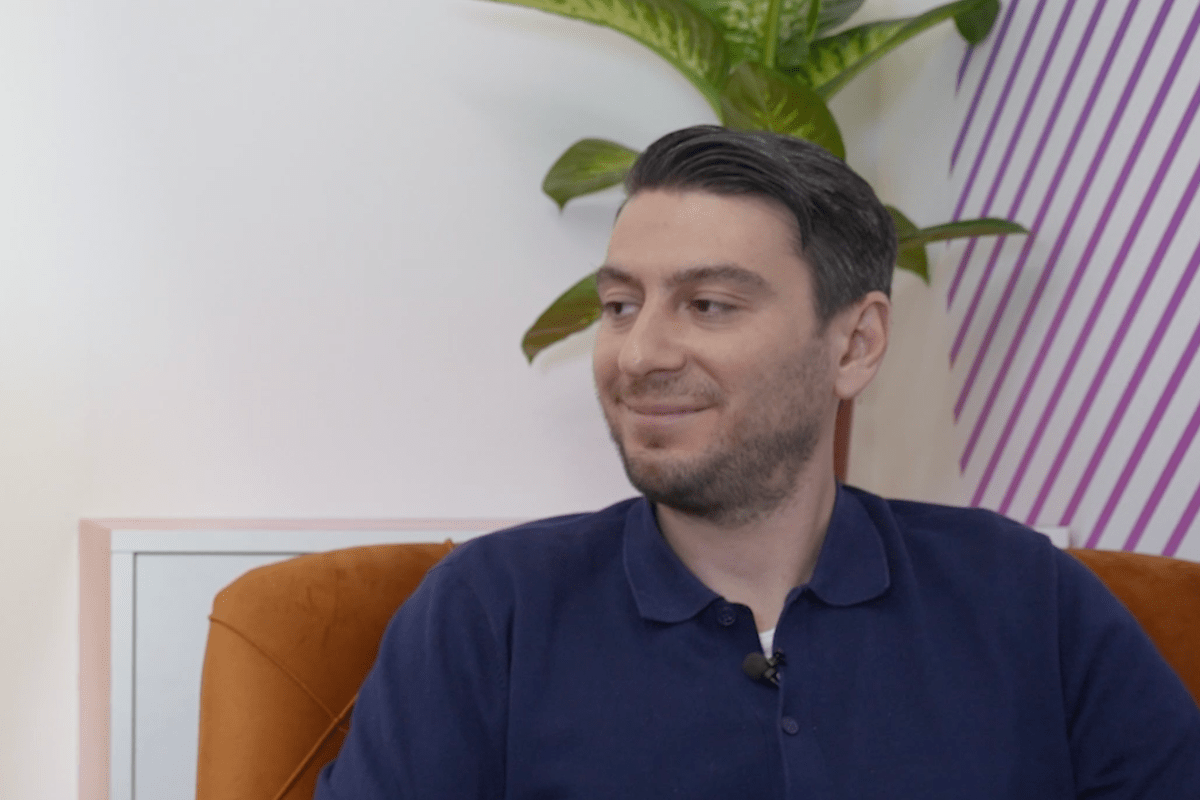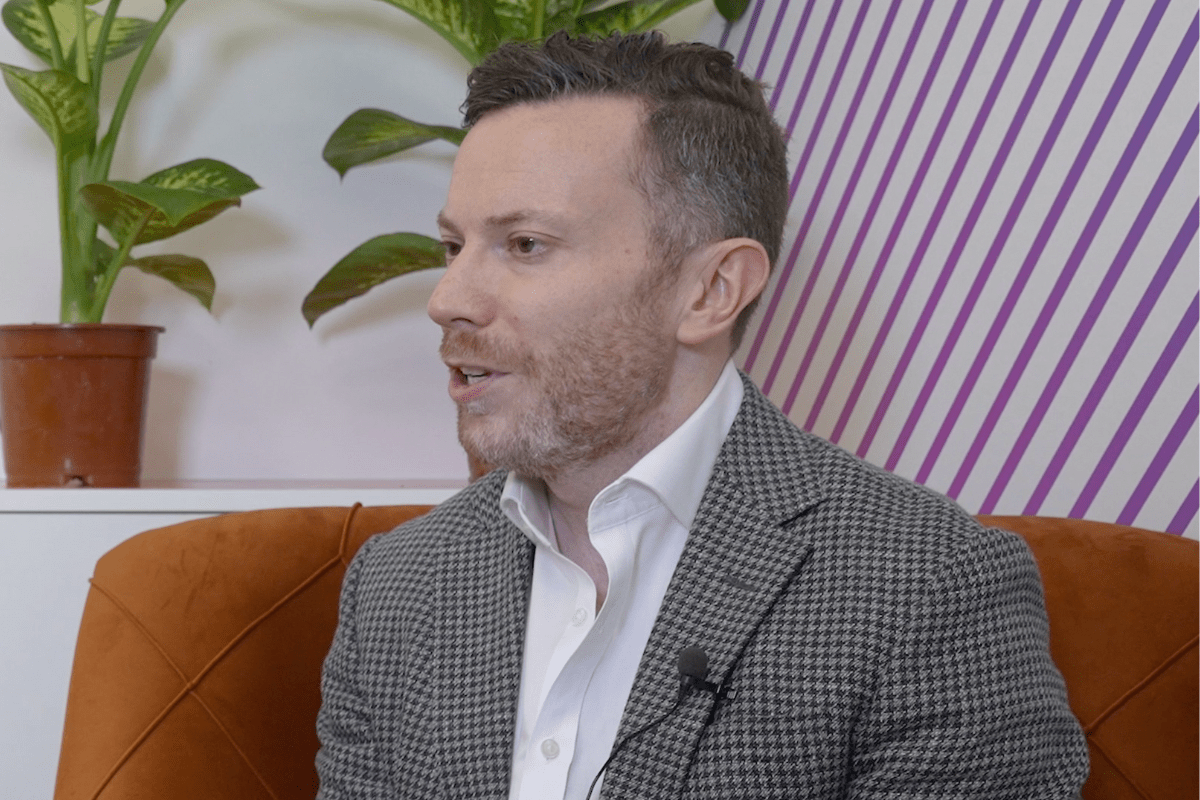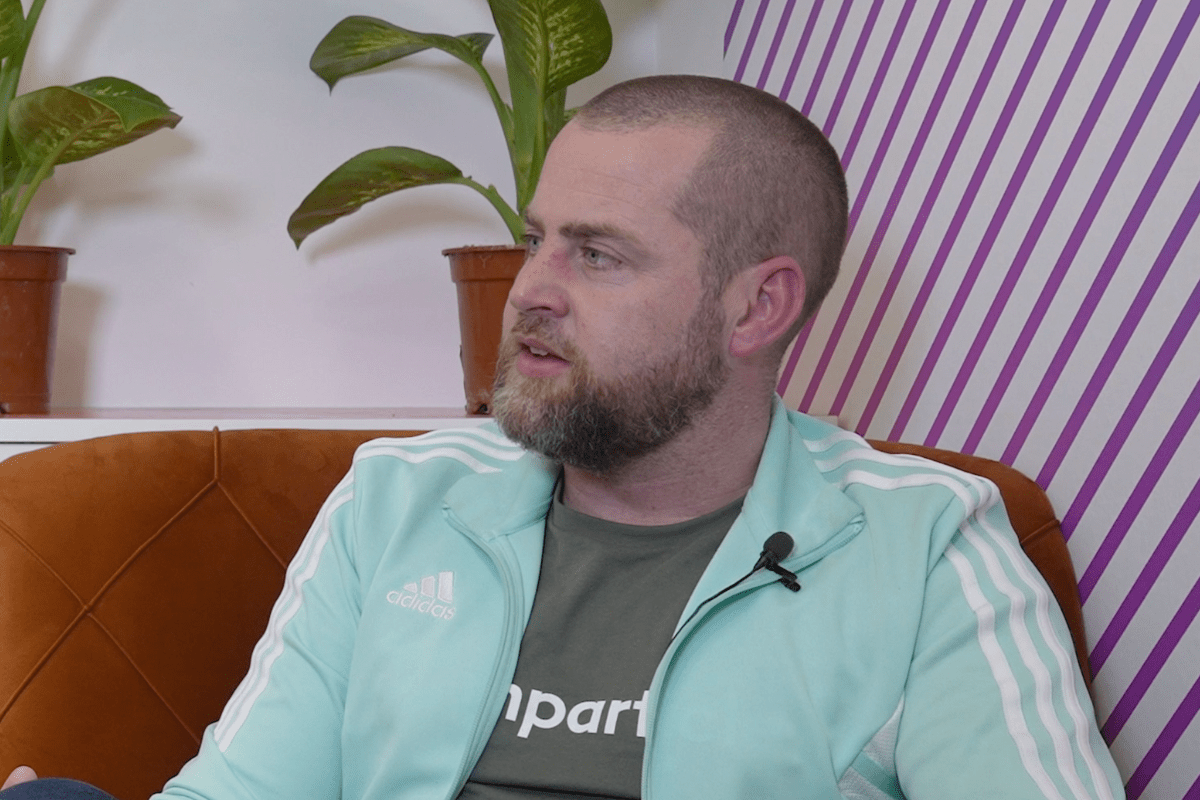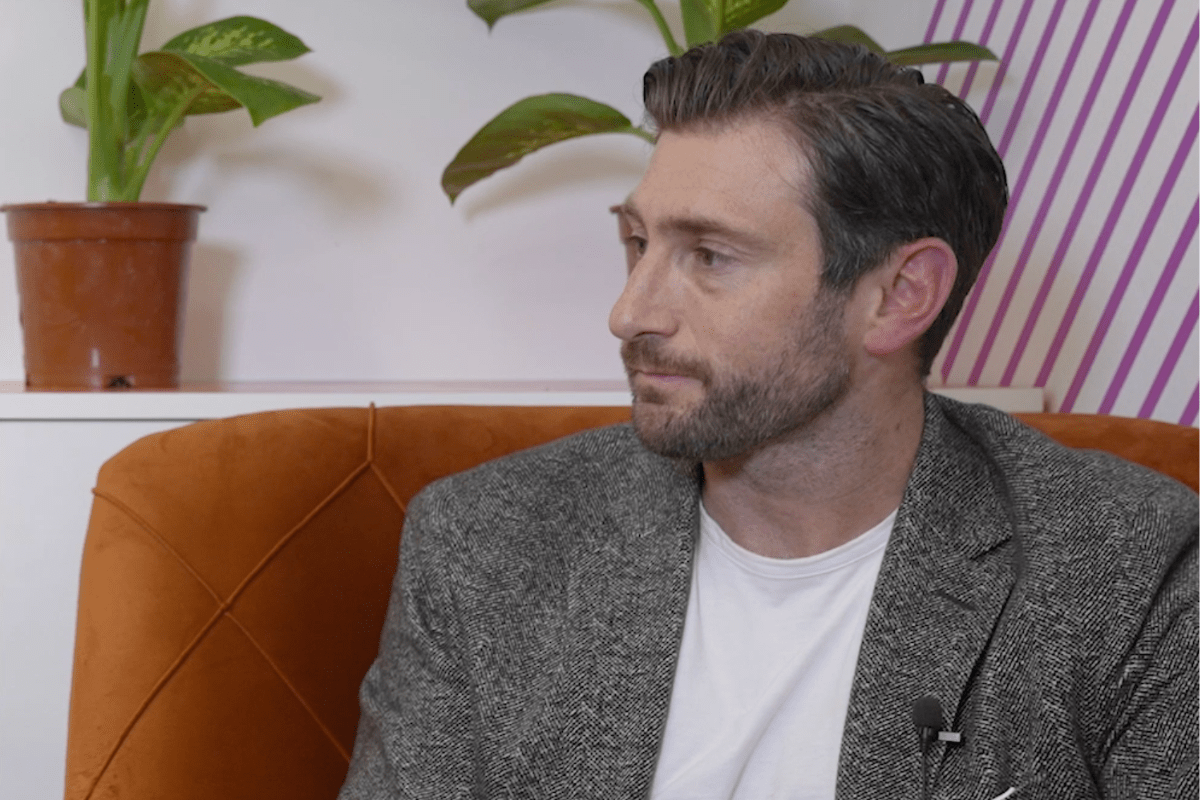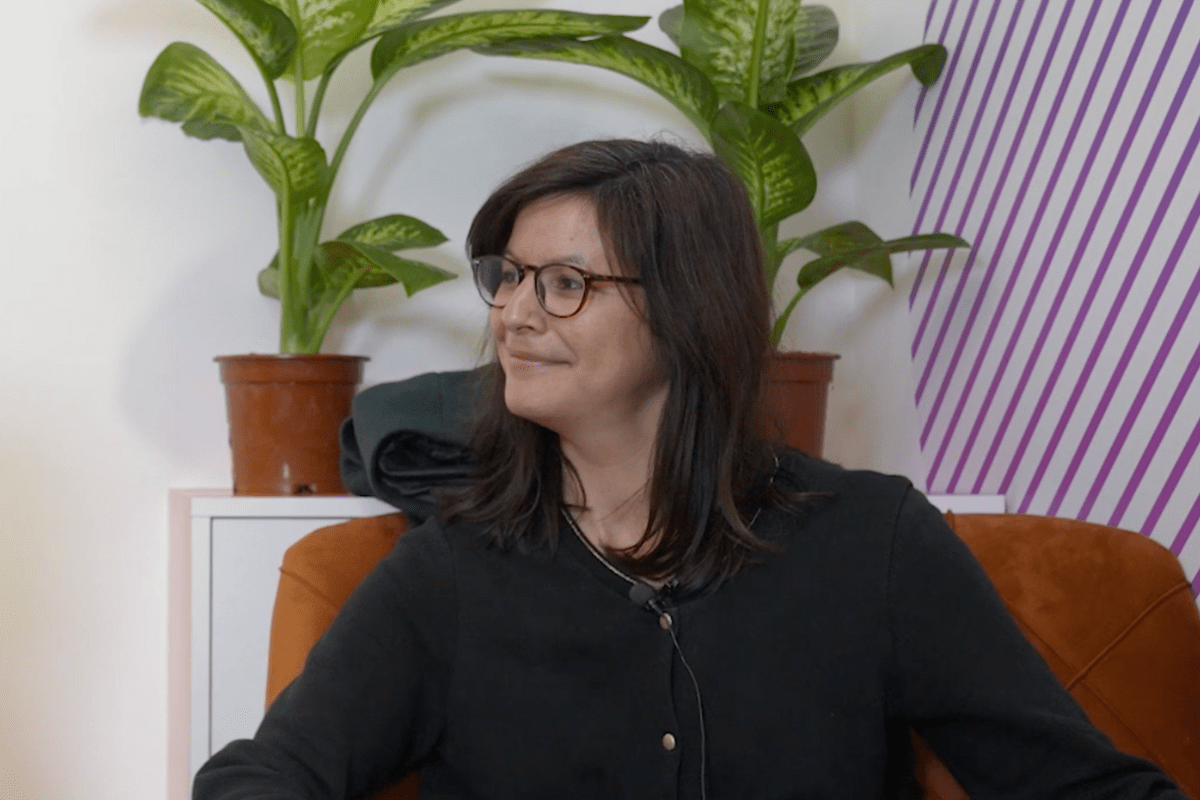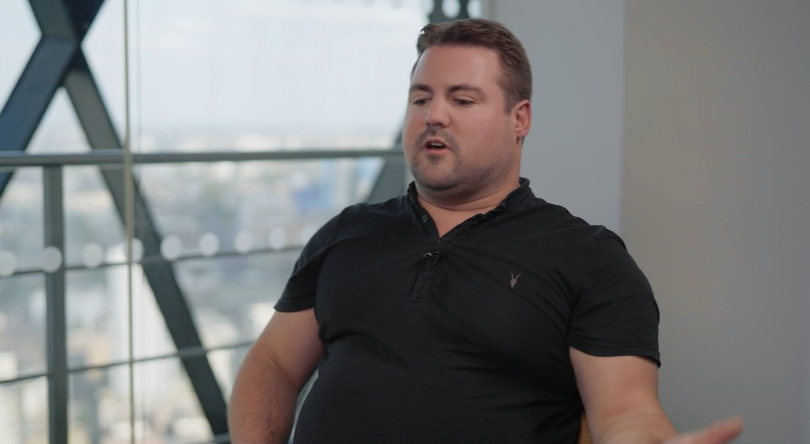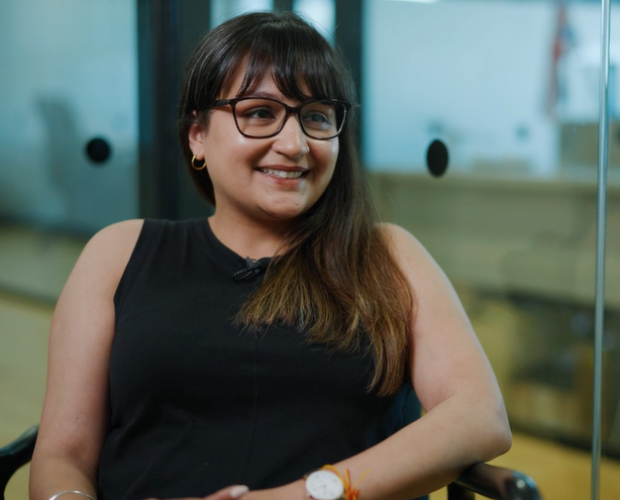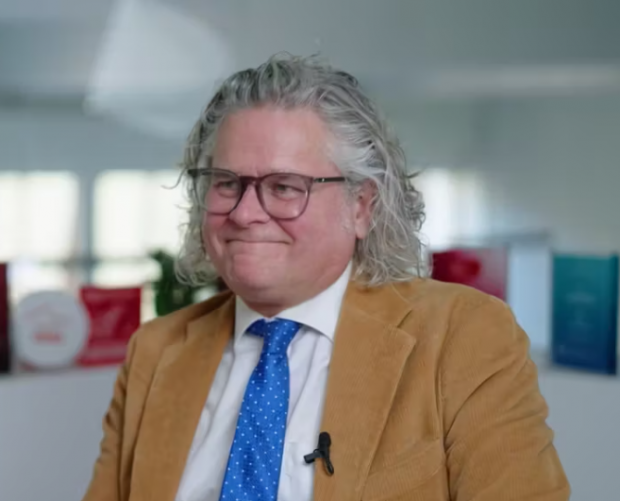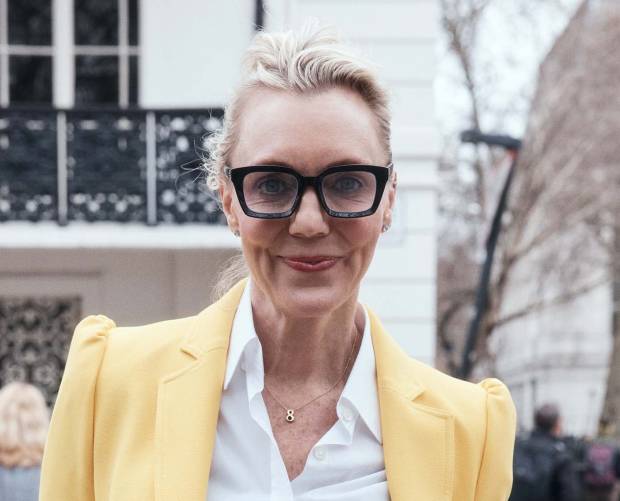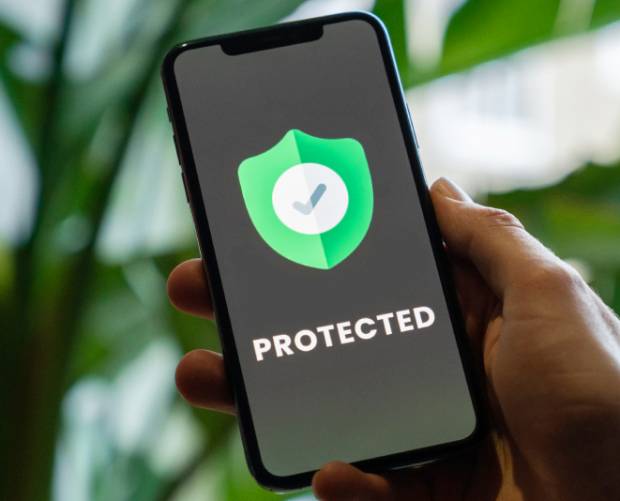David Murphy talks telecare for the elderly with Peter Marsden, MD of Doro UK and Ireland.
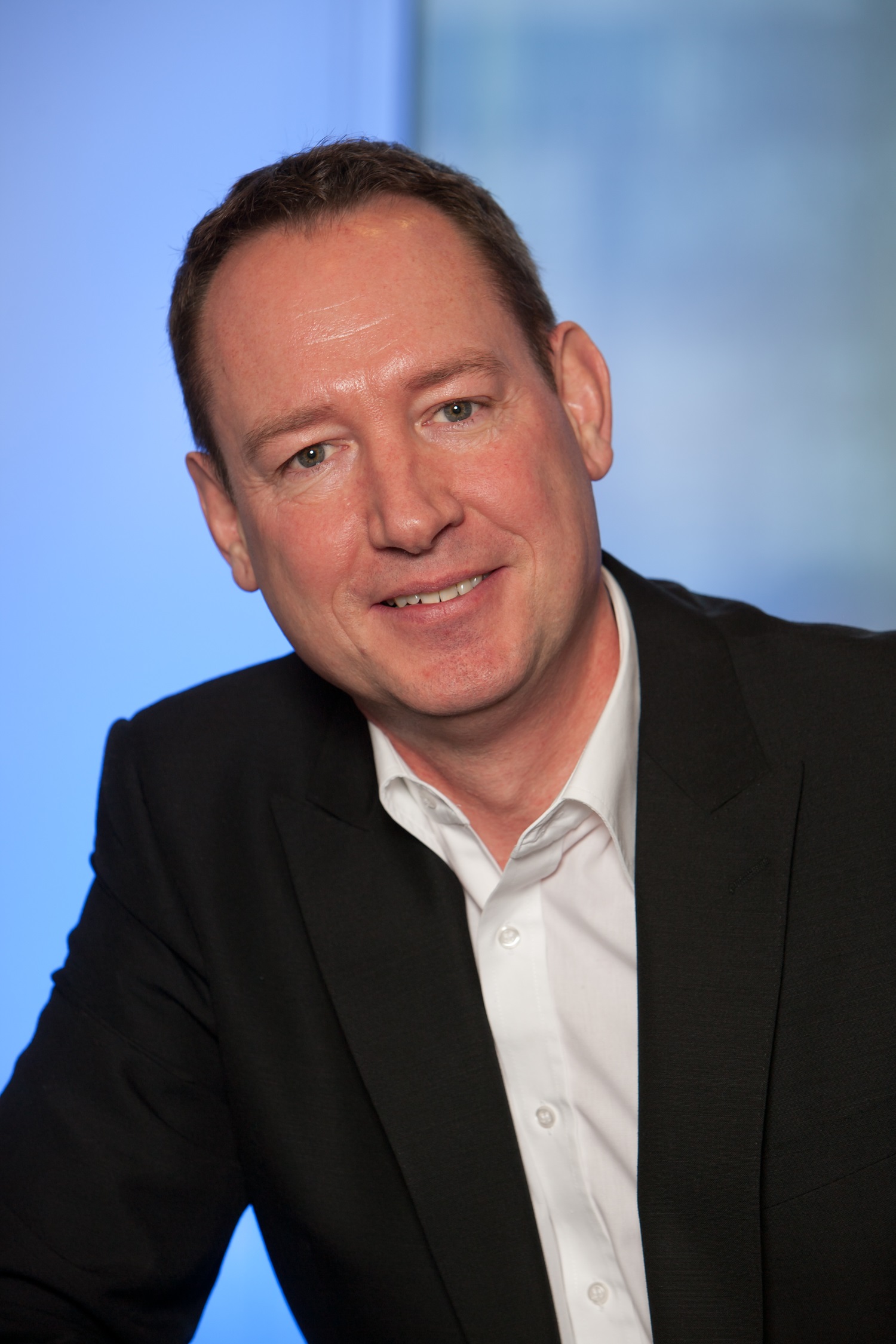 Doro is best known as a maker of handsets for people aged 65 and over – it sold around €200m (£176m) worth of them in 2017 – but also provides hardware and software to enable local authorities to provide remote support and monitoring for elderly people. This morning at Mobile World Congress, it announced plans for SmartCare by Doro, which will make similar services available direct to the public, for a subscription fee. Doro UK and Ireland MD Peter Marsden says there are sound societal reasons for doing so.
Doro is best known as a maker of handsets for people aged 65 and over – it sold around €200m (£176m) worth of them in 2017 – but also provides hardware and software to enable local authorities to provide remote support and monitoring for elderly people. This morning at Mobile World Congress, it announced plans for SmartCare by Doro, which will make similar services available direct to the public, for a subscription fee. Doro UK and Ireland MD Peter Marsden says there are sound societal reasons for doing so.
“Over many years of dealing with seniors, we know that people want to stay in their homes for longer,” he says. “As soon as you move them from their home to a specialist care home, their life expectancy reduces drastically, so it’s our intention to support families and seniors with the right tech within their familiar environment where they are happy and comfortable, and also reducing the cost, because the cost of specialist care is expensive. The solution will give the users’ friends and family the tools to monitor seniors without being intrusive and the seniors will be happy because they know there is someone there if needed, but they are not driving them mad with hundreds of phone calls a day, so it’s really all about the happiness and wellbeing of the individuals.”
So what will SmartCare by Doro look like?
“It’s a bit like a connected home for seniors,” says Marsden. “People will be able to buy a starter kit with a hub and a range of motion, window and door sensors and then they will take out a subscription to tap into services where they can be monitored, where we can analyse patterns of movement – have they been out of bed, have they been to the bathroom, maybe they’ve been too many times, maybe the fridge door hasn’t been opened in a while. By analysing all that data, we can start to make pre-emptive judgements on various issues before they happen, and with the link to the mobile we can send messages to carers, friends and family or an alarm receiving centre that something needs looking at.”
Marsden is keen to point out that Doro is not new to this type of activity. It already works with local authorities in Norway and Sweden, providing these services on an outsourced basis to 127,000 customers, handling around 15,000 calls a day.
Key trials
The company is demonstrating the system at Mobile World Congress this week, but Marsden won’t be drawn on a firm launch date. “The idea is that we will start to do trials in the second half of 2018 and depending on how they go, then around the turn of the year is as far as I’d like to be drawn in terms of a launch date.”
The trials, says Marsden, are critical. “We have a lot of the tech and the expertise in house, but what we are doing here is creating something unique and new and because it’s not too far off an emergency service, we have to be satisfied that it’s robust and super-reliable, because we could be talking about people’s lives. In a normal smart home if you click on the app and the blinds don’t open, it’s not the end of the world, but when you’re talking about a sensor that has to trigger a call out to an emergency response centre, it’s a different level of responsibility.
“A lot of what we are developing over the next few quarters will be the AI machine learning capabilities, making the correct predictions based on the activity we are monitoring, to make sure we are making the right calls based on the data we are collecting. We also need to look at connectivity, should we connect to the hub via ethernet or a cellular connection for example.
“For the sensors we are looking at a starter pack. We have not defined exactly what that would be but probably motion and door sensors, but we also want what we produce to be open, and tested with smart home kit like Alexa and Nest, so we will work with hardware makers and open up the APIs to things like smart beds that monitor pressure points. There’s a range of different things we’ll be able to do.
“Partnership talks are at an advanced stage and the solution has been in development for some time, which is why we’re able to demo concepts this week at Mobile World Congress this week, but is it robust enough to launch in the real world right now? No. But with our brand and our experience and what we do in mobile, we feel it makes sense to move into this area, and that we can do it better.”




